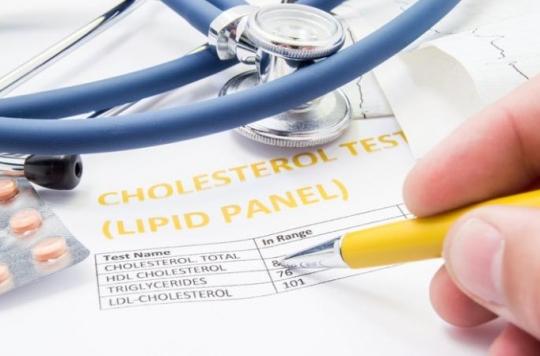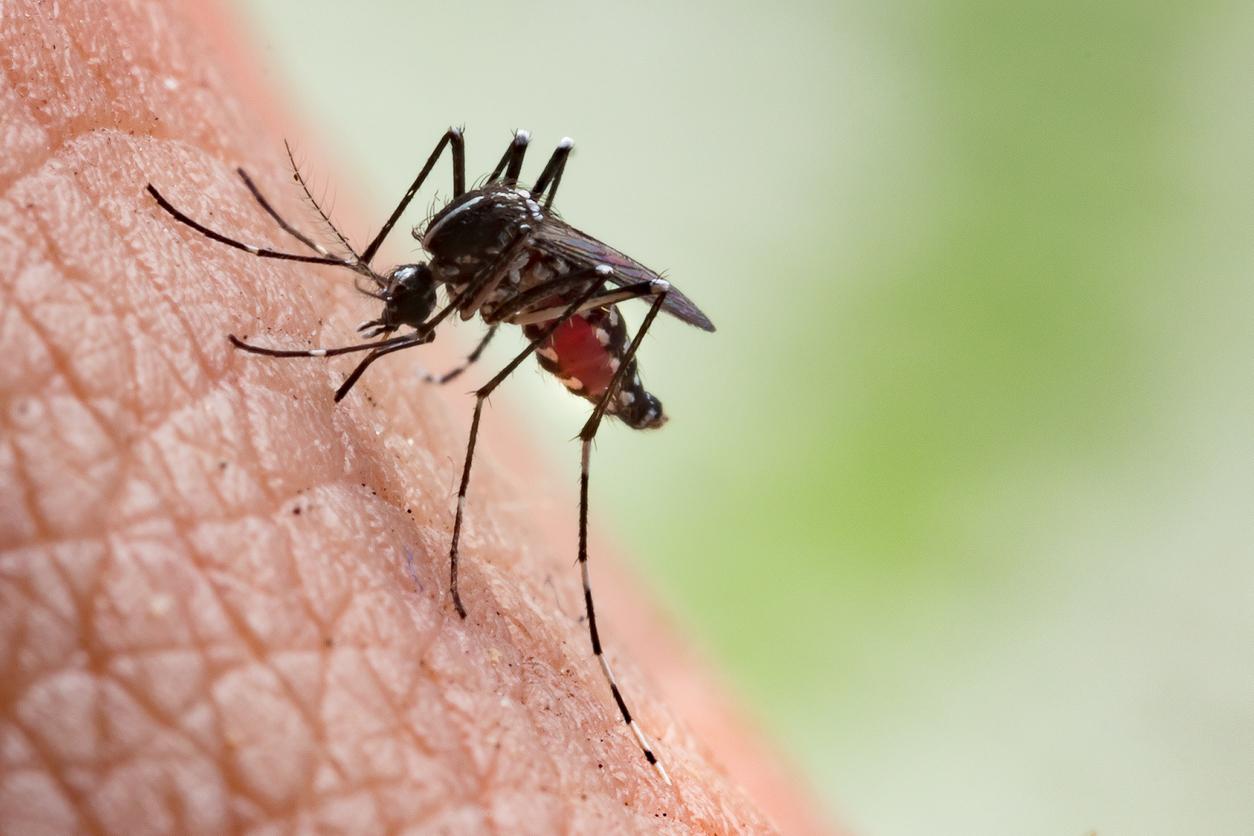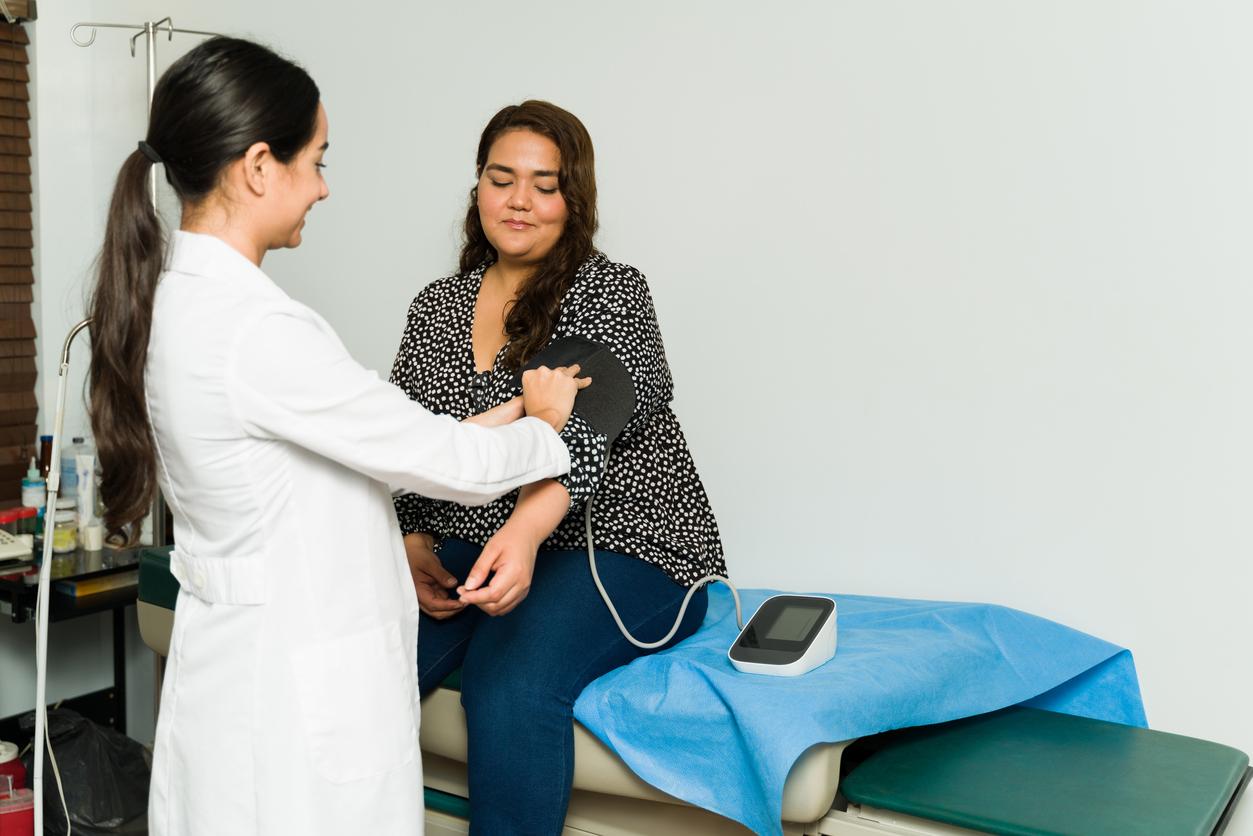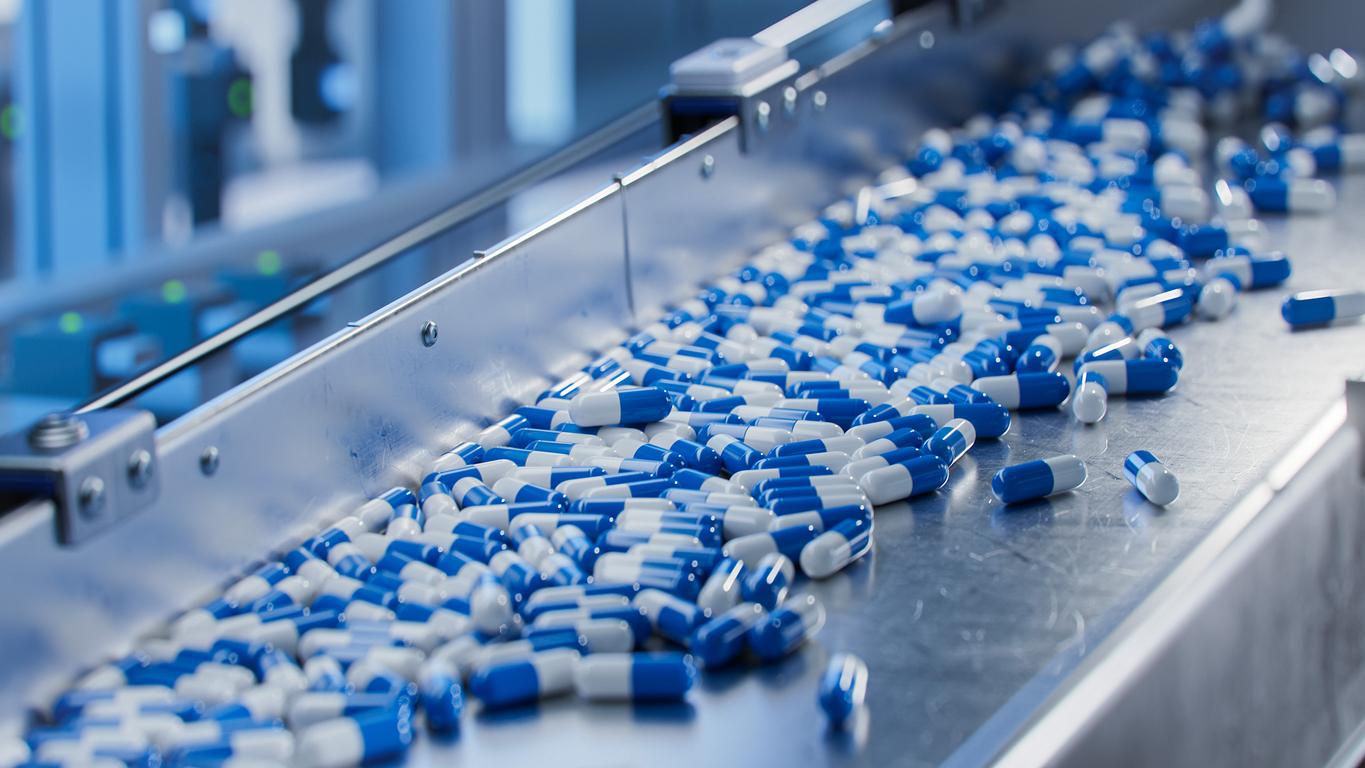In people who have already had a heart attack, a study shows that by reducing cholesterol levels beyond the levels recommended today, the risk of recurrence is reduced. To lower this level, the researchers used anti-PCSK9 in addition to statins.

120,000 people are victims of a heart attack each year in France and 18,000 die of it. Within a year, one in seven patients is at risk of recurrence, according to a study published in the Journal of the American Heart Association. To reduce it, it is necessary to reduce the cardiovascular risks, and in particular the cholesterol level.
A recent study published in the New England Journal of Medicine shows that by lowering the cholesterol level beyond the recommended thresholds, thanks to anti-PCSK9 antibodies in addition to treatment with statins, the risk of recurrence is significantly reduced.
15% reduced risk in addition
This large study by the University of Colorado Anschutz Medicine was carried out on 18,924 patients with a history of myocardial infarction. For three years, in addition to treatment with statins, some of them received a treatment based on anti-PCSK9, alirocumab, every two weeks, the other part of the group took a placebo.
Currently, the recommended cholesterol level to reduce the risk of recurrence is 70 mg per decilitre. After treatment with anti-PCSK9, the patients had a cholesterol level between 40 and 66 mg per decilitre, for those who had received the placeboit was between 93 and 103 mg per deciliter.
For patients who received anti-PCSK9, the risk of recurrence, death from coronary heart disease, or unstable angina pectoris was reduced by 15% compared to others.
Additional treatment
These patients were all previously taking statins, the classic treatment for cholesterol, but despite the high doses, it most often did not lower the LDL-cholesterol level to 0.70 grams per litre. “Statins have been the primary cholesterol-lowering therapy for heart patients for more than 30 years, and they’re very effective,” says study co-author Gregory Schwartz.
“Now we know we can improve outcomes after a heart attack by adding alirocumab to statins.” But these treatments have a drawback: their price. They remain today very expensive compared to conventional drugs.
A difficult choice
This is the second study with a second anti-PCSK9 antibody that demonstrates a significant benefit on the risk of recurrence of infarction and cardiovascular death. It confirms the benefit of lowering LDL-cholesterol targets in secondary prevention to below 0.70 grams per litre. There is even a benefit on the regression of atherosclerotic plaques in the coronaries. This treatment is well tolerated and the initial concerns about such low levels on the health of the brain (which is a big ball of fat) are not confirmed in these studies nor in those (ongoing) on the prolonged follow-up of these patients.
Does this mean that the recommendations will change? Not sure, because these products are expensive and they concern a large population of patients. Health authorities in all countries are therefore doing everything they can to delay this type of reimbursement. It is a societal choice that deserves debate.
In France, 75% of men over 55 have cholesterol levels that are too high, and 60% of women, only half of them are treated.


.
















